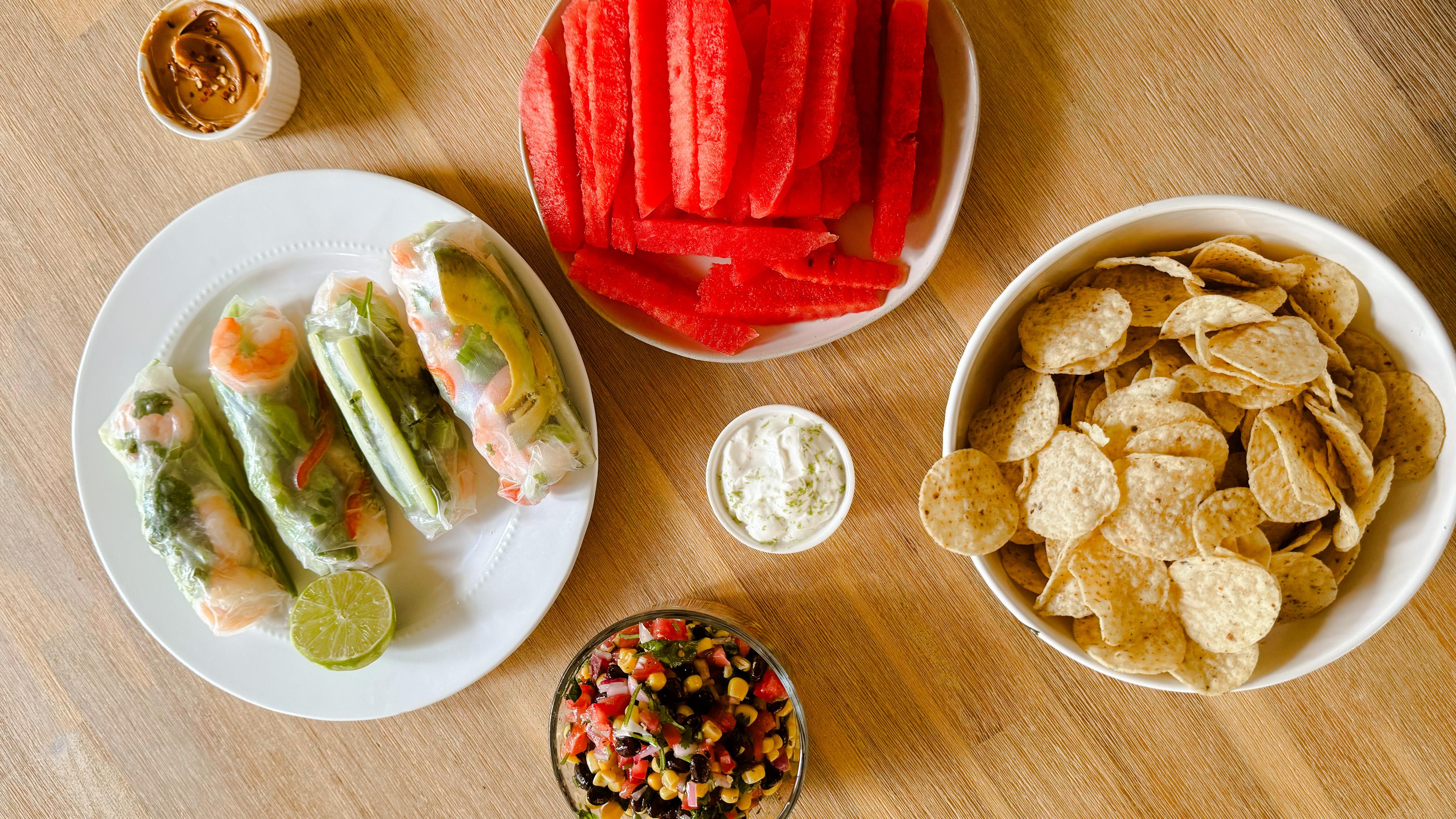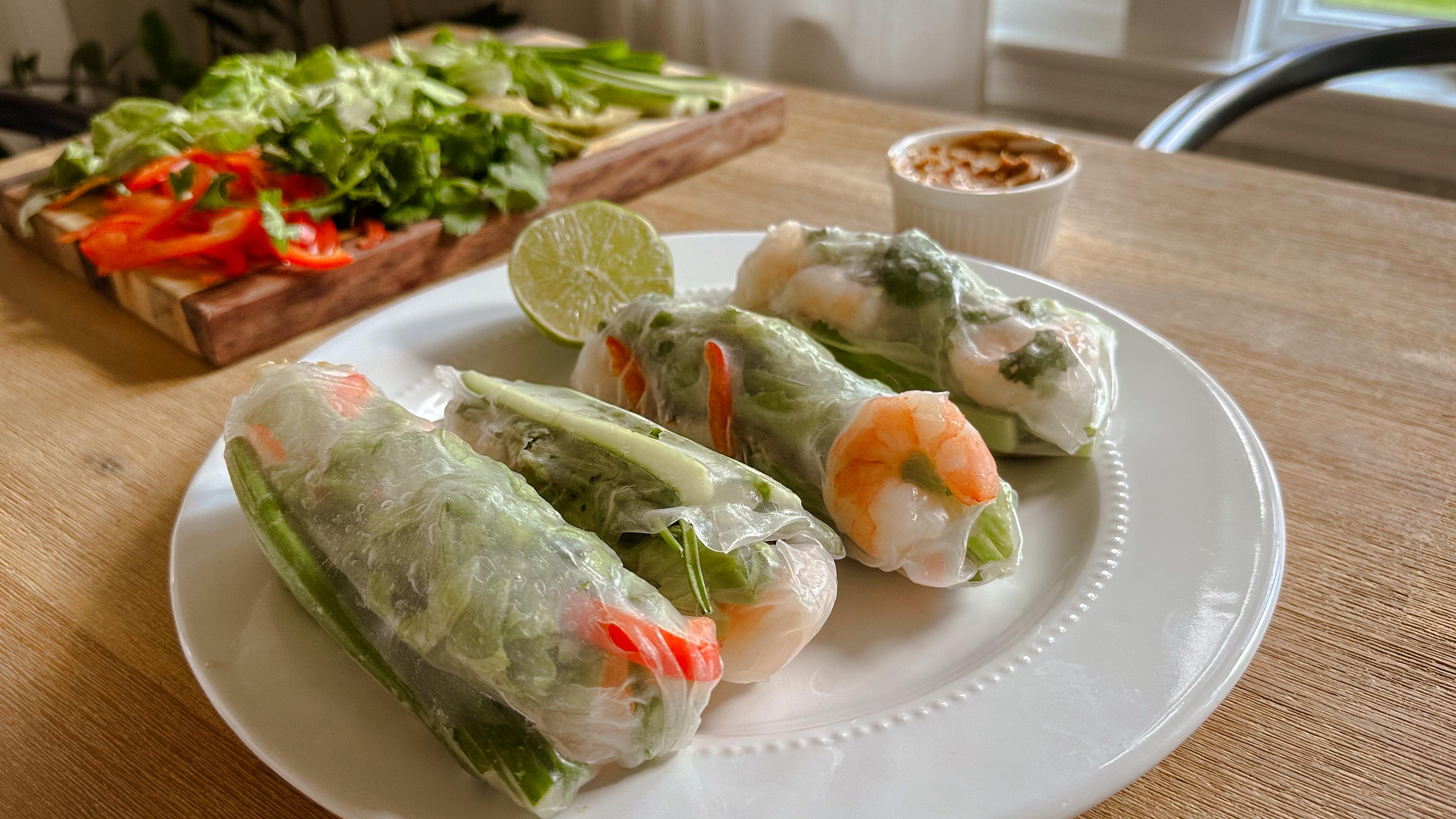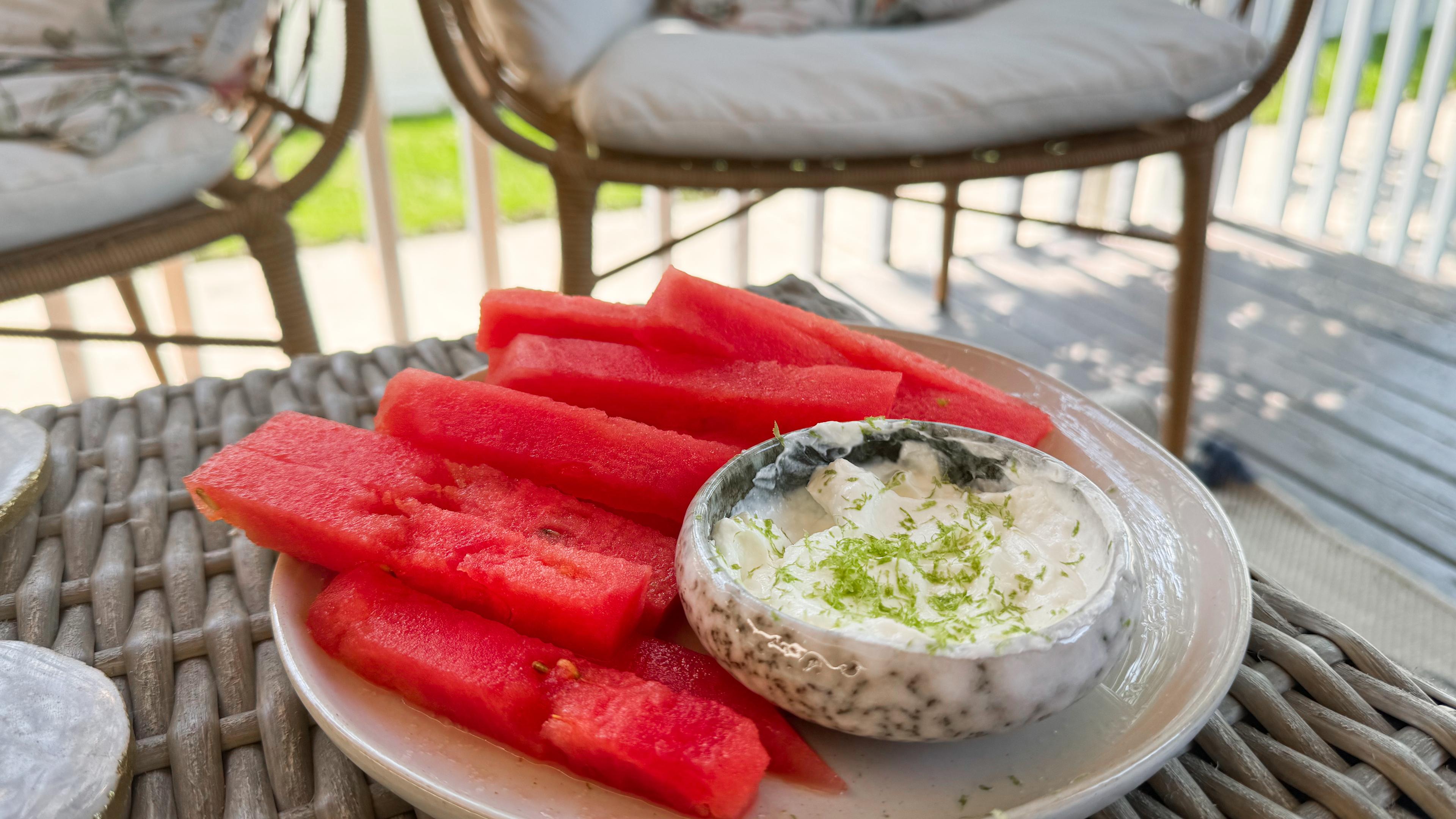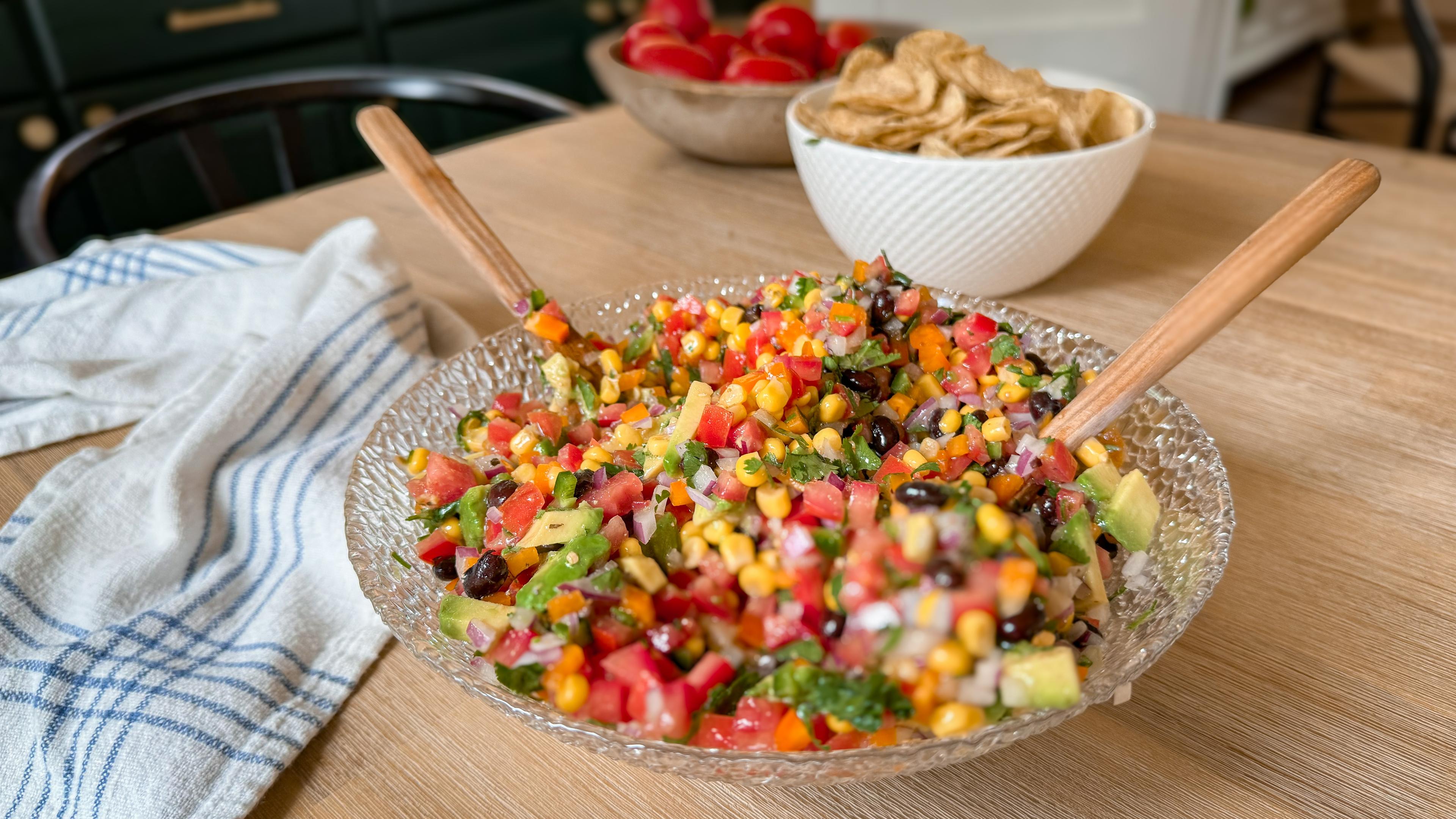And the perfect juicer for you is…
| 2 min read
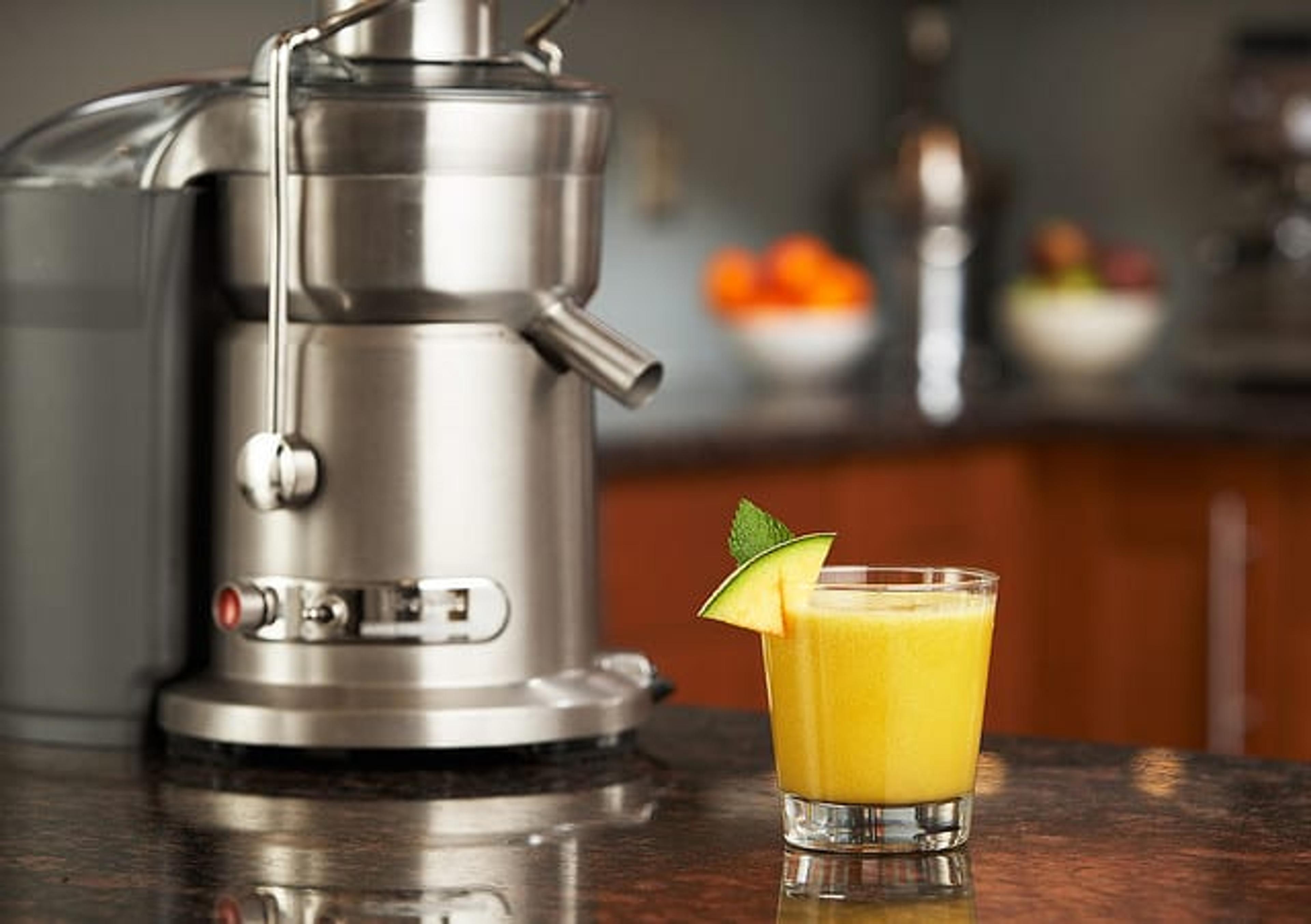
You’ve heard a lot about the benefits of home-juicing and whether or not juicing is worthwhile, so what do you do if you feel ready to jump in? Picking out a machine can be overwhelming. Citrus juicer vs. juice extractors vs. whole food juicers? Fast extractor or slow press? Considering most of these machines are fairly expensive, you’ll want to shop carefully before making your investment.
Citrus juicers are the most basic tools in this category. Most kitchens have a small version of them: a wooden or metal reamer that you press against cut fruit to extract juice. Some are also free-standing, but at most they are designed for making a glass or two of orange juice at a time.
Juice extractors or fast extractors have rapidly spinning blades that chop the fruit and separate the pulp. Some critics argue that the friction of the blades creates heat that can destroy nutrients, but fans love the speed and volume these machines provide. They work well with recipes like this Carrot Pineapple Orange Juice.
Slow extractors use pressure to squeeze only the juice out of fruit, vegetables or greens, leaving all the dry pulp behind. If you are primarily interested in juicing grasses and leafy greens, you might want to consider a slow press. Try them if you want to make Green Oranges or Minty Breath juices.
Lastly, whole food extractors shred entire fruits, vegetables and greens – pith, pulp, seeds and skin – into a “smoothie” consistency resulting in a thicker beverage with much more fiber. While this isn’t exactly “juicing,” many people like the benefits from using the whole foods and the fact that there is less waste or leftover pulp. If you get one, try this Green Citrus-Broccoli smoothie.
If you really are ready to get juicing, check out the Williams-Sonoma blog 30 Days of Juicing for lots of inspiration!
Photo credit: Food Thinkers

